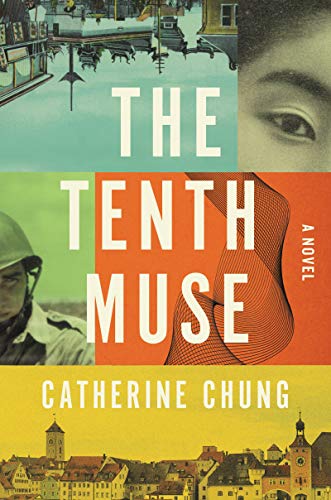The Tenth Muse
1960s Michigan. When a Chinese-American woman begins to question her origins, mathematics provides the clue to her identity. As Katherine seeks to uncover the complex mystery of her mixed-race heritage, she embarks on a surprising journey of self-exploration that takes her from her father’s memories as a soldier in World War II to the China of the Japanese invasions and to Nazi-era Germany.
Although wars rage and armies commit atrocities, the idea informing The Tenth Muse is that history is the result not only of abstract or actual politics, but of devastating personal betrayals, especially of daughters by their fathers, and of women by their friends and lovers. However, not all men are traitors, and Katherine discovers that at least in her proximity, they may sometimes balance out the awful crimes committed by their peers. The Tenth Muse shows that truth may be found in the last place one looks, and that no conflict is ever resolved.
A profound feminist contemplation upon the ways in which societies everywhere privilege male over female lives, and male creativity preys on female ingenuity, the novel shows what is at stake in a male-centered world. The Tenth Muse is a thoroughly original take on history from a woman’s perspective and could not be timelier. Although its mathematical acrobatics are occasionally a little difficult to follow, the cleverness of this oriental puzzle-box of a story thrills to the end.










